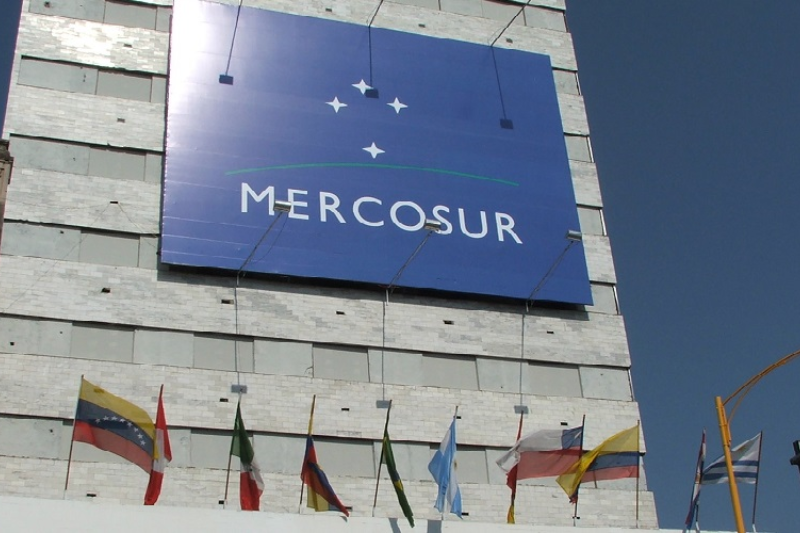
Mercosur and UAE Move Closer to Landmark Free Trade Agreement
Negotiation of the trade agreement with Mercosur and increasing interest in Middle Eastern market advances with the potential to drive the exports from the agro-industrial sector of Brazil. Mercosur and the United Arab Emirates (UAE) are on the verge of signing an FTA that could unlock a new market for the South American agro-industrial complex. The third meeting that was held in Montevideo was concerned with trade liberalization in terms of slashing tariffs and liberalizing the market access which was pledged to present new opportunities to exporters in Argentina, Brazil, Paraguay and Uruguay. The two parties expect that the deal can be sealed during the forthcoming G20 Summit in Rio de Janeiro which promises Mercosur unprecedented access to highly coveted Middle Eastern markets.
It is anticipated that the proposed FTA will establish a competitive edge of Mercosur’s agro-industrial exports. In particular, Argentina has experienced productive recovery, and for the UAE that has emphasized food security, both parties assess the agreement as beneficial. Currently, the Mercosur countries could take advantage of the increasing import demand of the UAE in soya, corn, and poultry among other. If approved the FTA would lower the current tariffs of about 5% on food products, and lift most restrictions on exports of high value products like beef, powdered milk and fruits to the UAE market.
Also, the results reveal a competitive market opportunity by adhering to Halal standards because of the UAE’s Islamic food regulations. UAE imported food valued at more than $22 billion in 2022, showing that Mercosur is expected to meet the demand.
Strategic Trade Hubs and Investment Potential
To Mercosur, UAE is a key trading partner that re-exports goods across the Middle East and Asia through the world’s busiest seaport, Jebel Ali in Dubai. A written and legally binding trade relations could involved could eliminate some hoops, shorten South America’s 40 days at sea before reaching the UAE, and lower the cost of shipping. Livestock products like Argentine and Brazilian beef would be able to effectively substitute regional suppliers and provide secured Middle Eastern market outlet.
Pursuing this connection even closer, the UAE has already financed a few infrastructure projects in Argentina including Arijón Diversion Aqueduct and Nahueve hydroelectric plant. Investments of this nature do not only serve to upgrade logistical relations; they also underpin Mercosur’s position in the geopolitics of the UAE’s food security as it also diversifies and intensifies its relations with South America.




